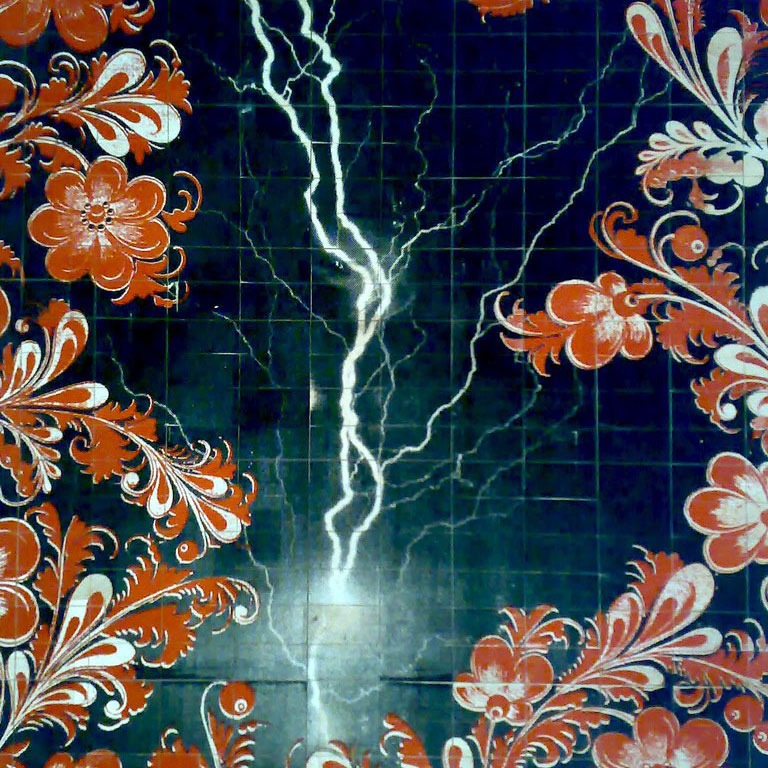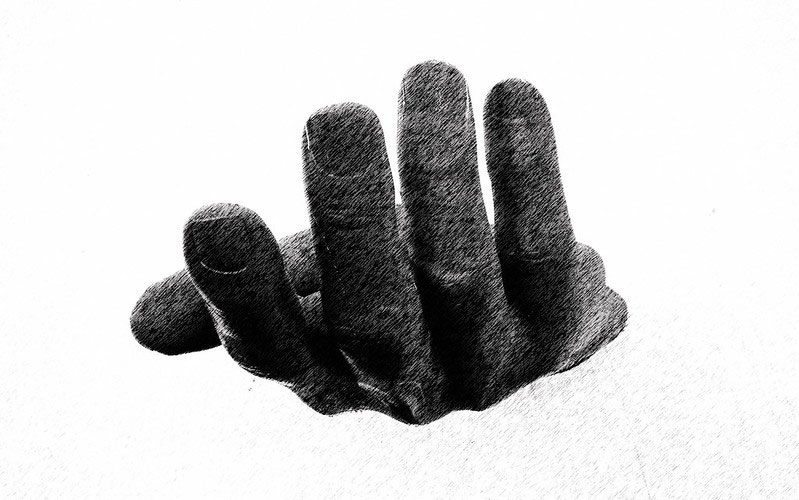
Yes, this is a multi-part column. And all the parts are like chapters in a story. If you leave out a part of the story, you may not understand. It’s like a novel. Are there really parts you can skip? (You can catch up by reading Part 1 and Part 2.)
Are your donors a novel? Or are your donors some business book that you can read out of order and not really get it?
But hey, who really cares?
As I noted in Part 1, the Buddha tells us it’s the journey that matters. And that’s the donor’s journey – not your organization’s journey.
Whose stories do you collect? Whose stories do you understand the best? Why?
Stories told and memories treasured
Such a lovely thought from Vera Nazarian, ending Part 2 of this column. “Stories told and memories treasured.”
But what is the truth? Is there always a single truth? (By the way, there are facts—often different than truth. I think I’ve told you before, but let me tell you again: Read Chris Mooney’s article, “The Science of Why We Don’t Believe Science.” And check out the article in my Free Download Library, “Opinion or Expertise.”)
I decided to write my story of Vietnam.
A seminal moment for me personally and for my family. My first husband is in the story. My brother Alain is in the story.
War. Pulling dead bodies from hovering choppers. Friends dying. Cutting off a finger… on purpose? Who knows?
I showed the story to Alain. Especially the part about him.
He changed part of the story…the facts. His truth, because, after all, it was his part of the story.
I remember Alain’s part of the story differently. Aligned with my values and beliefs and my memories. Memories…how I experienced it.
It’s my story, too. My memory. So I tell it my way.
In his novel Ordinary Grace, one of William Kent Krueger’s characters says:
“What I know from my studies and from my life is that there is no such thing as a true event.
“We know dates and times and locations and participants but accounts of what happened depend upon the perspective from which the event is viewed…
“What we remember together we often remember differently. I’m sure that each of us has memories that for reasons of our own, we don’t share. Some things we prefer remain lost in the shadows of our past.”
When the vets’ organizations call asking for gifts, which story am I remembering? Which story am I telling myself?
Both fundraising and giving are about your stories and mine.
We have to see ourselves in the story. John Steinbeck, East of Eden:
“If a story is not about the hearer he or she will not listen… A great lasting story is about everyone or it will not last. The strange and foreign is not interesting, only the deeply personal and familiar.”
Sign up for our free newsletters
Subscribe to NPQ's newsletters to have our top stories delivered directly to your inbox.
By signing up, you agree to our privacy policy and terms of use, and to receive messages from NPQ and our partners.
We have to see our donors in their stories. Carl Jung tells us:
“There are some parts of the human self that are not subject to the laws of time and space. And storytelling, the telling of, and the listening to, is one of those things.”
This is philanthropy.
Shall I say it again? Fundraising is not about money—neither is giving.
Telling my stories
I tell my stories and invite others to tell theirs. I listen to your stories and her stories and his stories and their stories. I find honor in the listening. Often, I find joy.
I work hard to hear what you’re feeling and what you’re sharing…anger and fear and joy and love and anxiety and guilt and confusion and desire and hope and…
Even if I disagree. Even if I don’t share those values or those beliefs.
I honestly and genuinely try hard to listen and hear and respect and honor him as a human being…her as a fellow person wandering the earth.
Sometimes it’s hard to try because I am so uncomfortable or disagree so very much. But especially when I’m in the nonprofit and philanthropy space…then I work even harder to see all those with me as philanthropists. To invite and listen to their stories. To really hear. To respect the person. To honor the person by hearing.
I won’t be convinced to change my own values and beliefs. But I can listen respectfully. I believe that is my obligation as a fellow human being. And I believe that is my accountability as a worker in fundraising and the nonprofit sector space.
And I expect the same, by the way
I take the risk and I use myself. I tell you my stories and my experiences.
I share my weaknesses and my mistakes and my embarrassments. I use myself as a guinea pig.
I tell you my stories. So you can practice listening and hearing stories.
I tell you my stories so you can hear passions that might be similar to yours.
More importantly, I tell you my stories so you can hear passions that might be different than yours. Not to convince you. But to get you more comfortable hearing stories that conflict with yours.
And most importantly, I tell you stories of others whose stories our society too often ignores. I tell stories that aren’t told enough in the mainstream. Because those out-of-the-mainstream stories make too many people in the audience uncomfortable.
I tell stories that are avoided in “polite company” and only rarely told at major fundraising conferences around the world. Stories of my friends who happen to be gay. Stories of racism and sexism and homophobia. Stories of reproductive justice.
I share these stories because there are gays and lesbians and transgendered colleagues in the audience. And they’re sad about never hearing their stories in the mainstream. I share stories of serving in the Planned Parenthood movement because organizations and individuals that fight for reproductive justice are tired of being ignored in the mainstream so as not to offend someone.
I refer to my husband as my life partner. Yes, I am married to that male. But until there is marriage equality in every state in the country I live in, I will not use the term “husband.”
I’m tired of hearing stories from those of religious faith—and rarely hearing any stories of those who don’t believe in a god or goddess.
Ah, the mainstream…you win. Ah, tradition…you win.
The rest of us accede to your wishes and desires. Those of us who want to expand conversations—those of us who want to welcome the full diversity of life—are criticized.












